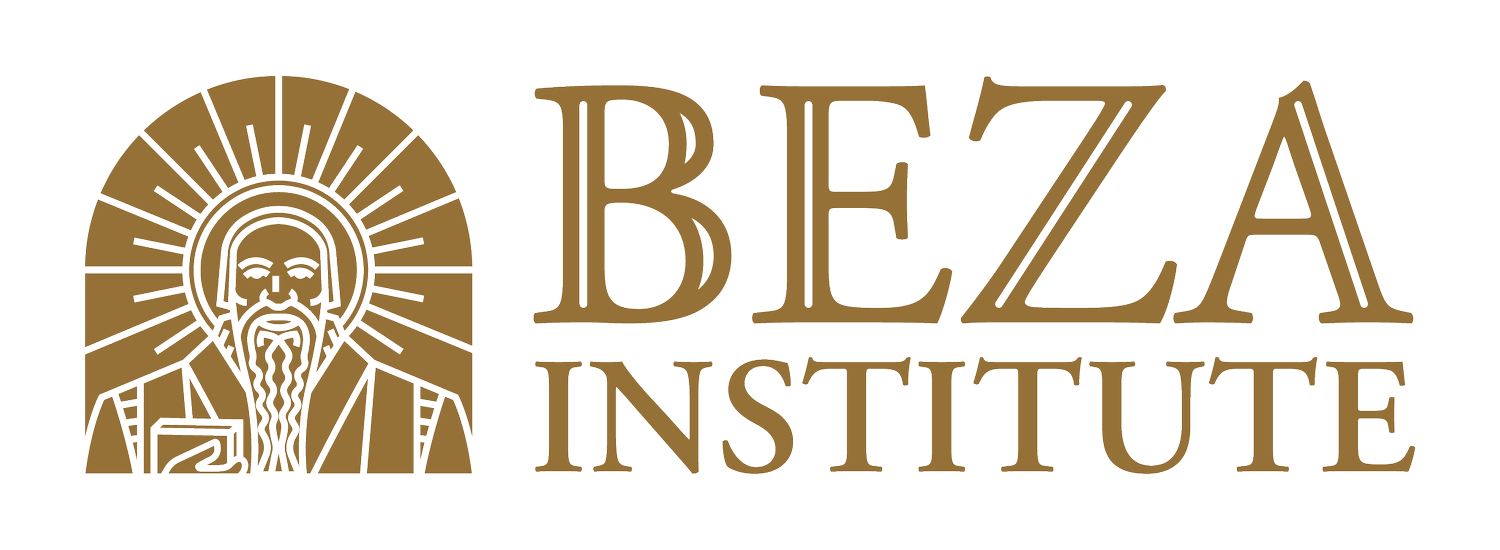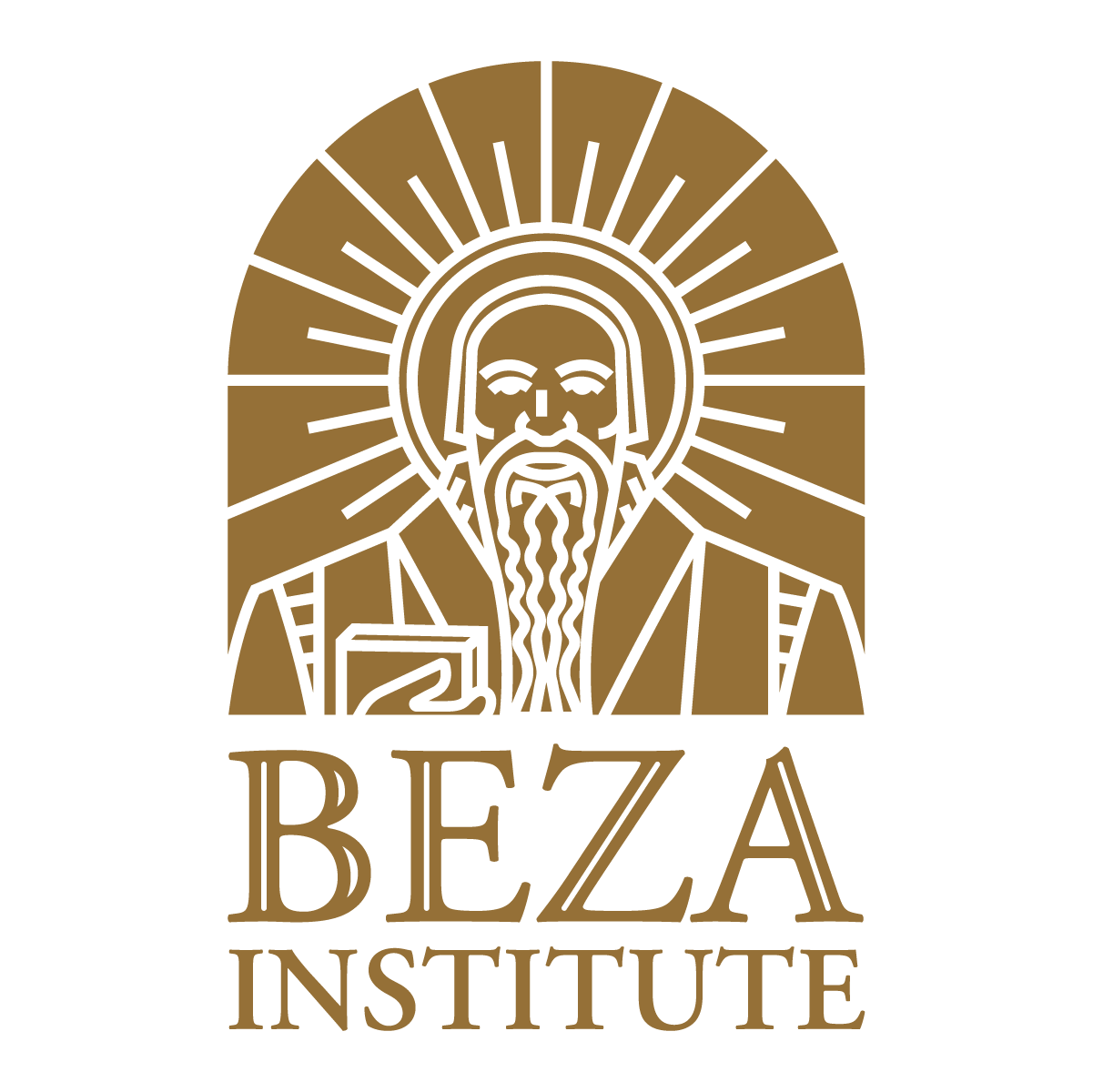On Playing Socrates: A Reflection on the CiRCE Institute Classical Job Fair
My favorite moments of teaching occur outside the classroom. I started “Playing Socrates” years ago on a middle school science field trip; while traipsing through the swamps of Haw River State Park, I’d ask my students if their music was good. As soon as they said yes, the game began. We passed the time debating the merits of “good,” and I won as students realized that the music they liked might not be good. Such conversations are the beginning of acquiring knowledge, but they rarely fit within the ordered nature of the classroom.
“Playing Socrates” is different with college students, but we found our way to the same place. I took four Thales College students, one senior and three freshmen, on a three hour car ride to the CiRCE Institute’s Classical Job Fair at Belmont Abbey College. We had a great experience; the networking, job hunting, and panel speaking were all successful. But the conversations are the part I will remember.
My freshmen are studying the Enlightenment in Western Civilization II, and debating enlightened reason came up over Chick-Fil-A; the general consensus was that reason alone was insufficient as a guide to happiness, but one student objected. Reason, he contended, was in fact the blessing of the Enlightenment, and why we should all look fondly upon that era. I didn’t want to push too hard; having such conversations from the professor's side is tricky: I want to cultivate an open spirit, a willingness to talk. Yet, I also have a burden to correct where students are wrong. We set the Enlightenment aside, and continued our journey.
I learned about my students as they practiced interview questions: “Why do you want to teach?” “I love school and the community it builds.” “I want to help students cultivate virtue.” “I love the conversations we can have.” “I just love learning history.” Their passions and concerns became clear as they practiced. We arrived just in time to hear Andrew Kern speak about the “Crisis in Education.” Kern spoke on the crisis of meaning and how our collective search for meaning has resulted in cultural ennui; only Christ the Logos satisfies, Kern concluded. Thus, Christian classical education is a significant part building anew. On the opening panel Jeremy Tate of the CLT, Susie Brooks of Veritas Classical, and Emily Hill of Haven Forest School provided insights into the crisis and responded to audience questions.
After lunch, the job fair proper began. Imagine thirty tables set up in a ballroom; tables are colorful, heads of schools smiling; dozens of excited future teachers conversing and collecting swag. The geniality and collegiality struck me; here were Protestant, Catholic, Orthodox, homeschool, online, classical non-religious, classical Christian, and classical charter schools all pursuing the same end. While the classical education renewal movement can become tribal, CiRCE’s job fair was a display of unity around an agreed-upon cause. My students had a great experience, and left impressed with the diversity of options for those wanting to teach.
As we drove to dinner, I learned that my students had lunch with Jeremy Tate, discovered a grotto, and ended the day excited about prospects for teaching. Over dinner, our conversation shifted into the issues of the day: immigration policy, the Trump administration, DOGE. Students began swapping family dynamic stories. As we began driving home, the topic of reason and the Enlightenment returned. The question was raised: “Can there be a purely rational foundation for morality?” Debating that question took us all the way home. One freshman made a clear defense of morals grounded in rational benefit and self-interest; my senior made a vigorous, doctrinally sound defense of morality grounded in the nature of God, the reality of sin, and custom’s function in restraining human evil. My role shifted—I took up the mantle of Socrates the Gadfly, coaxing each side to more clearly articulate their position and clarify their clashing ideas.
As we neared Thales College, I called a halt to the debate. The students were exhausted, and had reached circular repetition of points without advancing arguments. As we closed the discussion, I spoke directly to my Enlightenment affirming student. Reason is not the problem; the problem is disconnecting reason from the fullness of human existence. Reason alone defaults to Utilitarian calculus, and ignores the question of right action. Reason must submit to the rest of human capacities: the body, emotions, tradition. He looked contemplative, and said he partially agreed. A day well spent.
Education, from educare, calls the soul to consider the highest truths. Education easily becomes trapped in rhythms and routines. And rightly so— students of all ages need stability, repetition, regularity. But there are moments where education leaves the classroom, and in that wider space with long stretches of time together, different conversations arise. It was a crazy week, preparing for the job fair, attending, and then returning from the job fair. But it was worth it, for the conversations.

